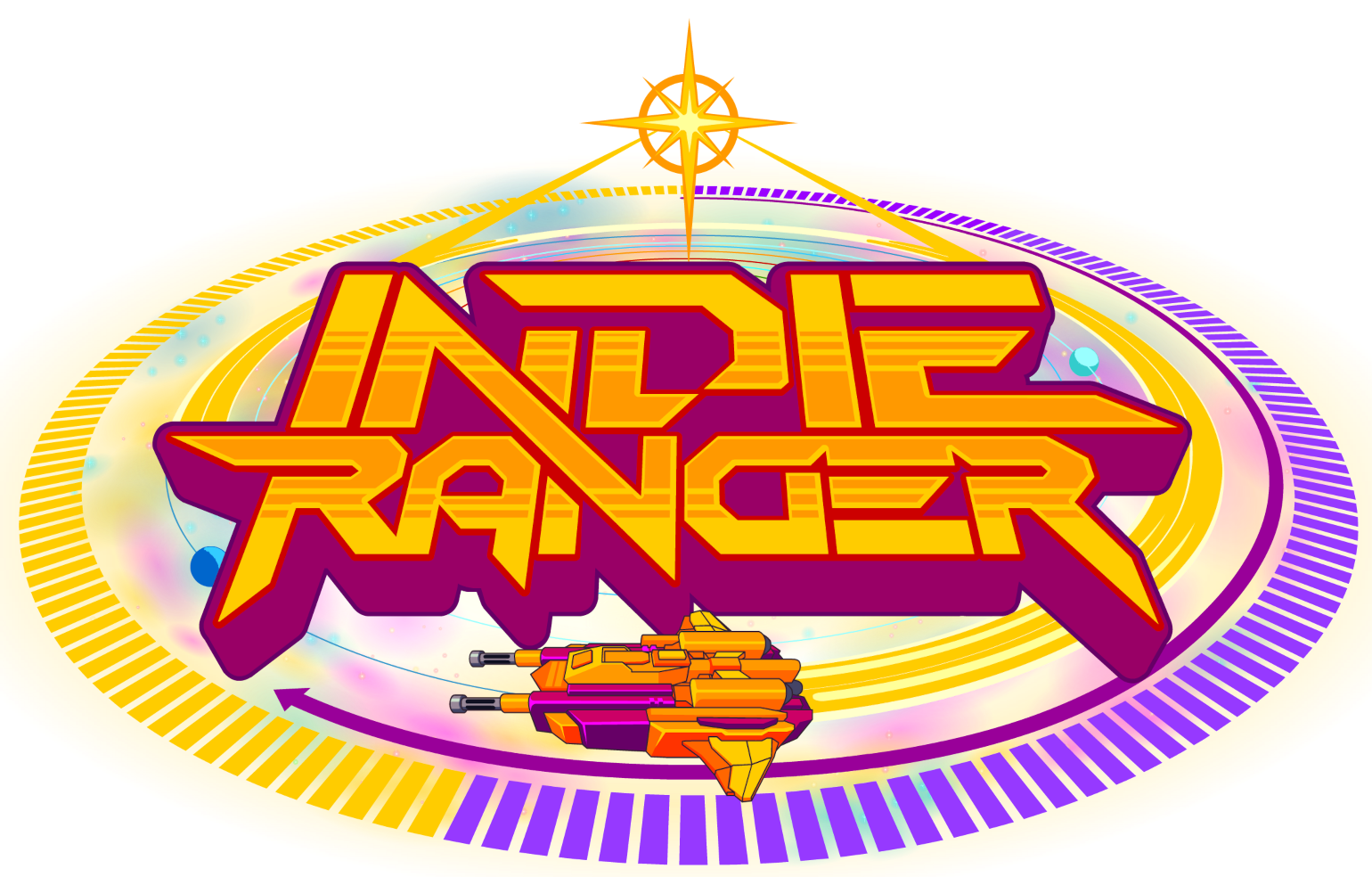Having grown from a small internet forum of only 18 people, the Ludum Dare game jam series has ballooned to a worldwide series of game developing competitions held every April and October. One of the small groups participating in the event is the Richmond, VA-based RVA Game Jams.
Each Ludum Dare event has a theme, and participants have to, in 72 hours, develop a game involving that theme. Development started on Friday, Oct 4 at 5 p.m. EST after Ludum Dare’s gloabl organizers revealed the theme, and continued Sunday, Oct 6 at 6 p.m. EST. On Sunday, RVA Game Jams held a showcase to present the games. For this time around (Ludum Dare 45), the central concept is “start with nothing.”
For participants Emerson Smith and Valentina Hawes, this meant a third-person isometric game with turn-based combat. NSFB: Not Safe For Bugs throws the player into a war between alien bugs and and invading lizards destroying the environment. The bugs have to fight the lizards in order to make the ground hospitable for supporting their colony.
“As you destroy [the lizards], you’re able to grow some more greenery from where they die,” said Smith, who was playing a prototype of the game in Unity.
Smith started developing games when she was in high school using RPG Maker, a game engine that does not utilize programming. While this made for a low barrier to entry into game development, Smith also found it constricting.
“Since I had to do something more than I could do in that software, I had to start learning programming,” said Smith. “So I just started experimenting with a bunch of different things, copying and pasting other peoples’ code online.”
Smith studied computer science at Clemson University, but learned much of the actual game creation on her own time.

Hawes is the character and enviornment designer on the team, and built the game in Maya and Blender. She comes from a wealth of experience in 3D art, including with Scraggly Rascal Studios, the developer behind Valve’s SteamVR Home Enviornments. In fact, Hawes worked on all three of SRS’ virtual reality projects for Valve: Candy Emporium, Winter Peak and Gulping Goat Space Farm.
“I mostly work on indie stuff, because I think the art styles and stuff are a little more open ended than either military shooter-type things, or things that are focused on realism,” Hawes said. “I’m really into colorful, shapely kind of stuff.”
Another game created through LD45 is Space Anomalies! by Jeff Hall, who made the game to experiment with Unity’s new Data-Oriented Technology Stack (DOTS) system.
“[DOTS is] a new tech stack that makes things a lot more data-oriented,” Hall said during the Oct 6 showcase. “In theory, you should be able to use a lot more objects on screen at once with physics; things go a lot faster using it. And that was kind of my goal, to learn some of that technology, along with shaders.”

A third game presented at the showcase was Tyler Rhodes’ Null Blob, which is a sort of physics experiment. The player can move a purple physics object blob through what appears to be mostly empty space.

VCU student and showcase attendee Lentz Marseille said NSFB and Null Blob stood out to him the most.
“It [NSFB] was really nice, it looked like a small mobile, and that really caught my eye,” said Marseille. “But Tyler’s game was very abstract, and it really caught my attention, because it made me wonder [about] the concepts of the game, and how you can break all the rules and still keep it a game.”
Operations Chairman Sam Loeschen summed up the games they presented when he said he appreciates the diversity of ideas on making games. Games like Null Blob and Space Anomalies! are examples of this where the developers thought outside the box, and avoided a strict win-fail state binary.
“I feel like in my day job, I encounter a lot of stuff that is very commercial and very run-of-the-mill, stuff that’s just trying to make money,” said Loeschen, a contract software developer. “Game jams are a very, very good outlet for experimentation and trying stuff that is off the beaten path.”
Loeschen himself also presented a game, Growth, in which the player clicks on procedurally generated planets, creating pinpricks of light that grow and eventually cover an entire universe. However, he did not submit his creation in time for the official Ludum Dare competition.

“When people are trying to get started at game jams, I generally tell them that it is way easier than they think it is,” said Loeschen. “And the bar is way lower than they think it is…You’d be surprised at what you can accomplish in just a couple of hours.”
All 2,715 games submitted to Ludum Dare 45 are currently available to be played and rated by those who have submitted a game themselves. The deadline for submitting ratings is 4 p.m. EST on Tuesday, Oct. 29, and the results will be made public at 8 p.m.






